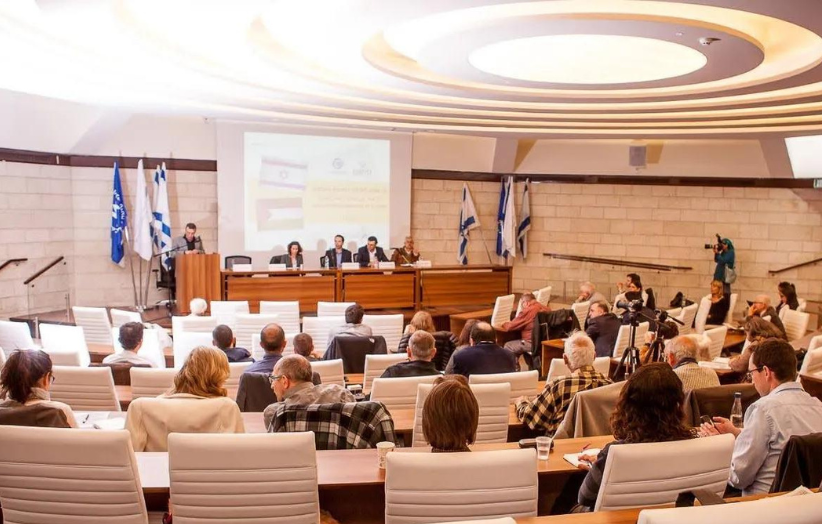
Israel has changed, we have changed, reality has changed. As Naomi Chazan, former president of NIF’s international board, has said, “there won’t be a single day when we declare that we’re ‘after’ [October 7th]—in fact, we’re already living it”. This idea—that we are already living in a new reality and must adapt—is why NIF is investing in shaping Israel’s political and policy future.
Last week NIF convened the central organizations thinking about the question of what happens “the day after”: the foreign policy think tank Mitvim, the social policy center the Berel Katznelson Foundation (BFK), Citizens HQ, and the policy messaging shop aChord, for a kick-off and coordination meeting. The goal was to bring together the different axes of action; the HQ on the one hand for the immediate and media response, Mitvim and Berel Katznelson to think about the long-term, political aspects, and aChord to examine the effectiveness of our messaging. Our hope is that the mechanisms being built now will continue forward after the war and help guide the new reality that arises.
On top of this convening, NIF has also given a significant grant to the Hundred Days Project led by the Berl Katznelson Foundation to think about political possibilities the day after the war. The project aims to formulate a policy agenda for the first 100 days of a new government that will be formed sooner or later. The policies proposed are not limited only to the political sphere, but also touch on economic issues, issues of religion and state, Arab society, and others.
Finally, NIF is also coordinating a joint project between BKF and Mitvim with the goal of enhancing the expertise of each organization with the other. The emphasis of the collaboration will be on how to best write position papers and concrete proposals for political action for any new government that emerges after the war—it is about building plans, connecting with decision-makers and putting the plans into action. We believe that the flagship call of the peace camp must be for a long-term political solution—and it is a call that we need to be raising. Not tomorrow or the day after, but today.
